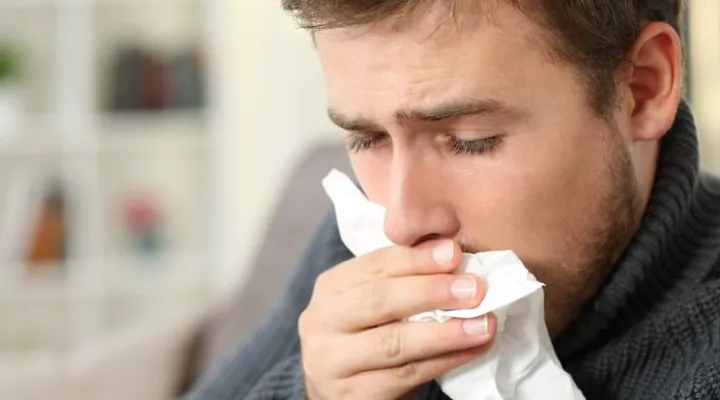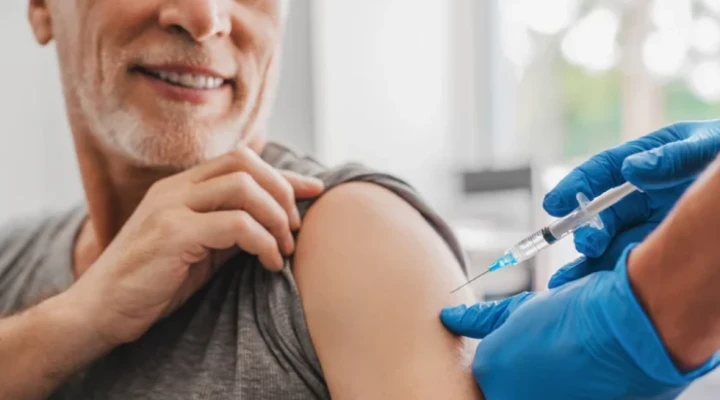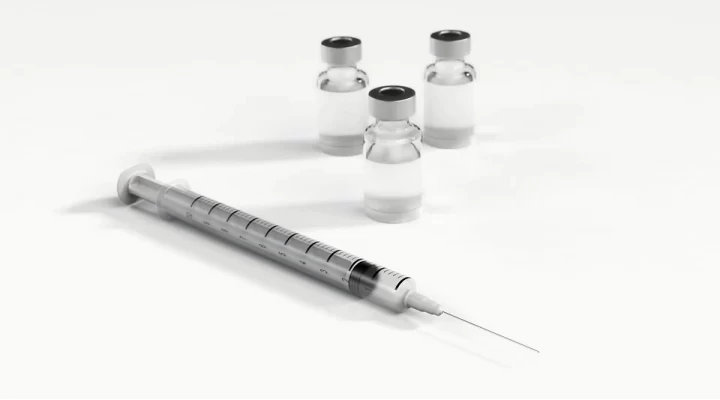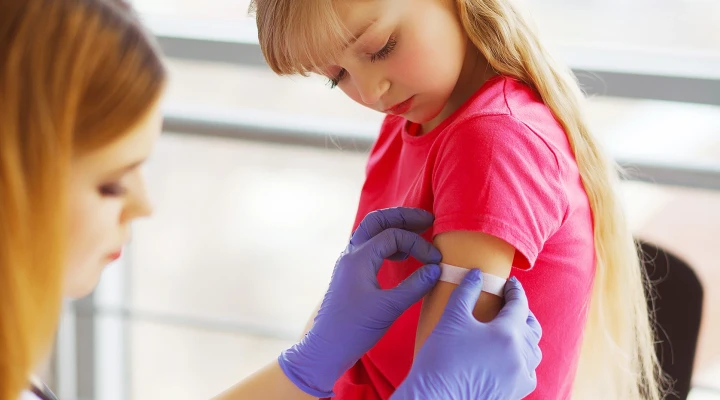What is pertussis / whooping cough?
Whooping cough (officially known as pertussis) is a highly contagious respiratory disease caused by the bacterium Bordetella pertussis. The disease is named after the coughing fits that typically last for a long time and can be particularly disturbing. Pertussis is particularly dangerous for young children: the disease can lead to severe complications, including pneumonia and breathing problems.
How to protect yourself?
Vaccination is the most essential protection against whooping cough. In Hungary, the DTaP (diphtheria, tetanus, and acellular pertussis) vaccine (Infanrix or Pentaxim vaccine) is part of the compulsory childhood vaccination program. The first dose of the vaccination series is usually given at 2 months of age, followed by two further doses at 3 and 4 months of age. A booster vaccine is given to young children at 18 months. The vaccine's effectiveness gradually decreases in the following years, so booster vaccination is recommended at 6 years of age (Tetraxime vaccine), at 11 years of age (Adacel or Boostrix vaccine), and every ten years in adulthood. Vaccination protects the individual and the community by reducing the spread of the disease and strengthening the so-called herd or population immunity.
Why is vaccination important?
Several serious (and unfortunately fatal) cases have already occurred in Hungary in 2024, which warns that vaccination coverage and herd immunity among the population have decreased. Health authorities also emphasize that whooping cough is not only a childhood disease; adults can also be infected, so people of all ages must pay attention to adequate protection.
What about pregnant women?
Immunization is not dangerous for the mother or the pregnancy and protects the newborn baby for the postnatal period. The recommended time for vaccination is the third trimester, preferably at least two weeks before the date of giving birth. If the pregnant woman has already received the pertussis vaccine before pregnancy as part of family planning, vaccination in the third trimester is not recommended.
In addition to the above, vaccination of family members and relatives who are likely to visit the infant once or more often or to participate and assist in the care of the infant and in attending to the tasks that arise is also recommended. The vaccination should be scheduled for a few weeks or months before the child's birth or before the planned visit of the newborn or infant (preferably two weeks between the vaccination and the visit).
What else can we do?
Another key to preventing whooping cough is accurate information and education. Schools and community programs play a crucial role in this. They should pay close attention to hygiene habits and cough etiquette. Infected people should avoid social gatherings and meetings to prevent the pathogen's spread. The spread of the disease can be stopped only by acting together, consciously and responsibly.
Pertussis vaccination is available at RMC Clinics. For more information, please get in touch with our staff by clicking here or calling +36 1 392 0505.




